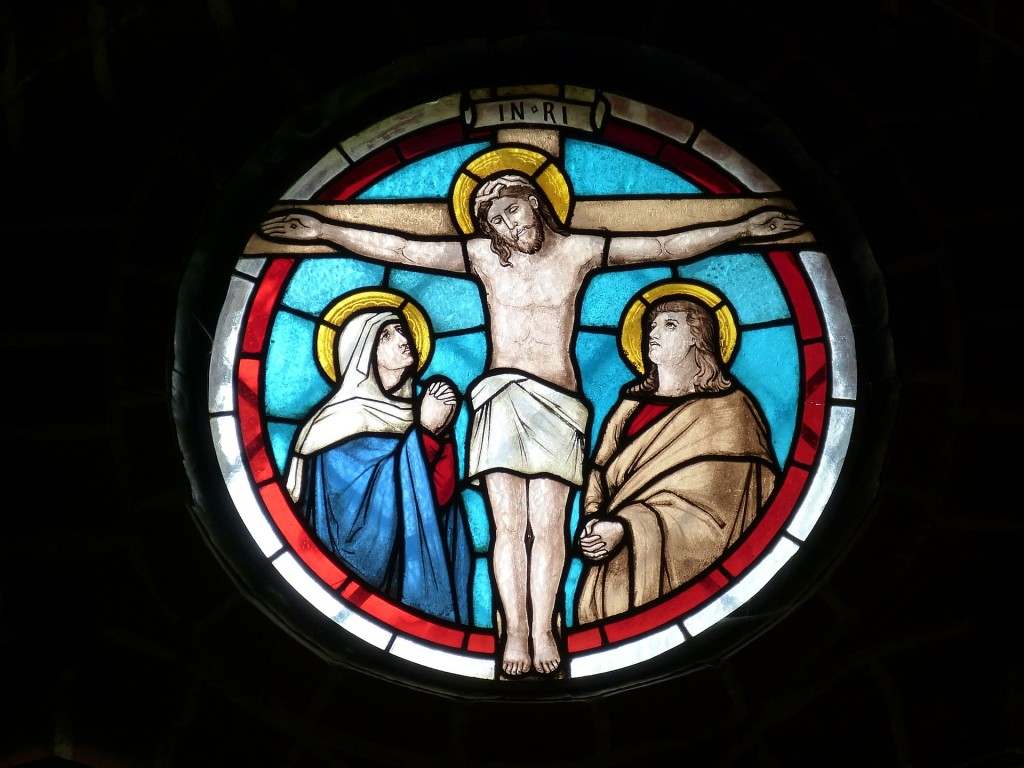Good Friday marks the day Christ died at Golgotha. It represents perhaps the darkest moment on the Christian calendar. No other event in history carries the same amount of shame. Christians should naturally experience grief today.
Many Christian traditions, even denominations or churches which normally emphasize Gospel truth, can underemphasize the importance of grief on Good Friday relative to the experience of joy on Easter. That’s unfortunate, since grief signifies a critical part of repentance, and therefore the Gospel.
So what specifically should Christians grieve about on Good Friday? Numerous Christian thinkers have proposed their own theories. One strain of thought is that Christians should grapple with grief for their personal trials and worldwide suffering on Good Friday.
The Rev. Elsa A. Peters, a pastor in the United Church of Christ, wrote about grief on Good Friday for the UCC’s blog New Sacred on March 23. Peters said Christians “only add to the brutality if we deny the systems of injustice that are still at work in this world.”
“Give yourself some space to grieve what once was so that you can make room for what could be,” Peters concluded. “Before Easter comes, I hope and I pray that you will find a little space to grieve.”
Drake University sociology professor Dr. Nancy Berns echoed similar sentiments last year in a post for Psychology Today. She said Good Friday could serve as part of Christians’ “healing journey to take time to reflect on death and loss as part of life.”
“Too often, church services or conversations with Christians do not give enough time for expressions of pain, loss, and grief,” Berns argued. “We want to rush to the happy stuff.”
Liberal Christian activist and pacifist Shane Claiborne took a slightly different approach in a blog post last year on Good Friday. He contended that Holy Week – and Good Friday in particular – served as a time for protest against modern suffering in remembrance of the “violence inflicted on Jesus.” This included advocating for stricter gun control and an end to capital punishment. Claiborne said thousands of activists planned on “bringing attention to the victims of violence, racism, and torture” on Good Friday.
There is undeniably room for various forms of grief on Good Friday. We know Christ can sympathize with our suffering. We learn from the Isaiah, the Old Testament prophet, that Christ was “a man of sorrows, and acquainted with grief” (Isaiah 53:3, ESV).
“Surely he has borne our griefs and carried our sorrows,” Isaiah continued in the next verse.
Undeniably, Good Friday speaks to our human suffering. Christ understands our pain.
But this shouldn’t divert our attention from the primary purpose of Christ’s death. He suffered primarily to save us from spiritual death, not to rescue us from physical or psychological pain. That becomes clear as we continue reading Isaiah’s prophecy:
But he was pierced for our transgressions;
he was crushed for our iniquities;
upon him was the chastisement that brought us peace,
and with his wounds we are healed.
(Isaiah 53:5, ESV)
In keeping with the true purpose of Good Friday, Christians should not only focus on personal grief or social justice issues. First and foremost, we should grieve over our sins. The spiritual and relational damage our sins caused was so great, Christ needed to die in order to heal us.
In turn, this grief ought to lead us to repentance. Of course, our self-obsessed culture prefers to focus on the message of Easter with its message of new life. This undermines the purpose of Good Friday and the process of repentance by skipping ahead to forgiveness.
Yes, we should grieve with those who grieve. We should become more vulnerable and not worry so much about presenting a veneer of “happy” Christianity to our neighbors. The Cross should motivate us to sympathize with the suffering of others.
But none of this should take center stage on Good Friday. This holy day is more than a perennial exercise in therapeutic introspection or a reminder about the importance of social justice. Instead, Good Friday is a somber anniversary of when, to our shame, we nailed Jesus Christ to the Cross through our sin.
No comments yet




